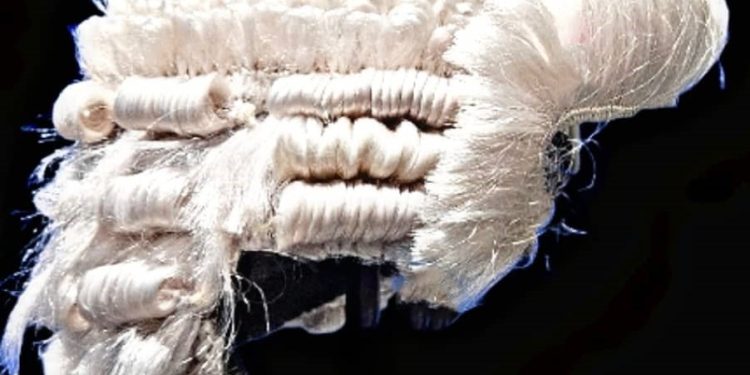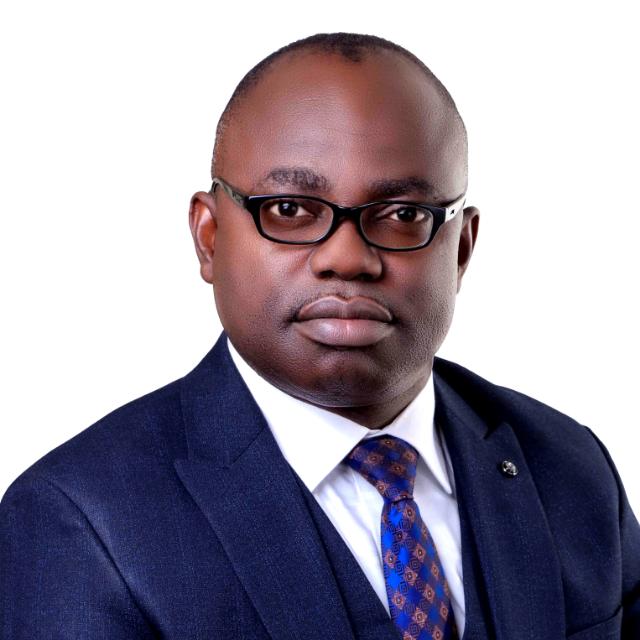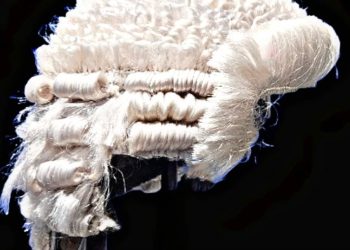A high-stakes arbitration award in favour of First Bank of Nigeria Limited (via its holding company, First HoldCo PLC) in the dispute with General Hydrocarbons Limited (GHL) has come under scrutiny following allegations that the sole arbitrator, Kumai Bayang Akaahs, a Retired Supreme Court Justice, was a shareholder in First HoldCo. Whistle-blower disclosures suggest that the arbitrator’s interest was not disclosed to the parties before or during the proceedings.
Background
In the arbitration, GHL claimed a sum allegedly in excess of US$718 million from First Bank/First HoldCo. The tribunal (with Akaahs appointed as sole arbitrator) issued an award in favour of First Bank. Recent media reports reveal that Akaahs holds shares in First HoldCo, raising concerns about the independence and impartiality of the tribunal.
Legal Framework – Why the Allegations Matter
Under the Arbitration and Conciliation Act (Cap A18) Laws of the Federation of Nigeria 2004 (“ACA”), which governs commercial arbitrations in Nigeria, several provisions require arbitrators to disclose circumstances likely to give rise to justifiable doubts about their impartiality or independence, and allow parties to challenge an arbitrator on that basis.
Section 8(1) provides that an arbitrator must be impartial and independent.
Section 45 of the ACA sets out the challenge of arbitrators:
Sub-section (1) requires the prospective arbitrator to disclose to those proposing him any circumstance likely to raise justifiable doubts as to his independence or impartiality.
Sub-section (2) obliges an appointed arbitrator to disclose such circumstances to the parties unless previously informed.
Sub-section (3) allows a party to challenge an arbitrator if such circumstances exist.
Sub-section (5) requires a notice of challenge within fifteen days of appointment notification or awareness of such circumstances.
Section 14 mandates that in arbitral proceedings the tribunal shall ensure equal treatment of the parties and that each is given full opportunity to present their case.
Section 34 of the ACA enables setting aside of an award where “the composition of the arbitral tribunal or the arbitral procedure was not in accordance with the agreement of the parties” or was contrary to public policy of Nigeria.
The Nigerian legal regime firmly anchors impartiality, disclosure, and fairness as core pillars of arbitration in Nigeria, failure of which raises issues of fraud, corruption and conflict of interest.
Implications of the Alleged Shareholding
The allegation that Justice Akaahs holds shares in First HoldCo gives rise to several serious concerns:
1. Appearance of bias
Even if there is no proof of actual bias, the shareholding creates a potential appearance of partiality. The ACA’s focus on justifiable doubts means that even a potential conflict of interest must be disclosed and addressed.
2. Failure to disclose
If Akaahs did not disclose his shareholding or interest in First HoldCo, this could be a breach of the disclosure duty under Section 45. The absence of disclosure undermines the parties’ opportunity to evaluate the arbitrator’s impartiality.
3. Grounds for challenge/set-aside
GHL may have grounds to challenge the arbitrator (under Section 45) or to apply for annulment of the award (under Section 34) on the basis that the tribunal was improperly composed or the procedure compromised fairness.
4. Risk of enforcement refusal
Should First Bank seek to enforce the award, domestic courts or foreign enforcement jurisdictions might refuse recognition if they find the arbitrator lacked independence or the award conflicts with public policy.
5. Reputational and systemic impact of the likelihood of corruption and fraud
The integrity of arbitration lies in the neutral adjudicator. Such allegations which raise suspicions of fraud and corruption in the choice of an arbitrator could undermine confidence in the arbitral process and may discourage parties from choosing arbitration in Nigeria.
What Happens Next?
GHL may file a notice of challenge to the arbitrator under Section 45(5) within fifteen days of learning of the shareholding and make an application to the High Court to set aside the award, which could be made under Section 34, citing non-disclosure and bias, while First Bank and First HoldCo must respond on whether the arbitrator’s interest exists and if the disclosure was ever made, and whether the parties waive the risk.
It is fundamental under Nigerian law that the impartiality and/or independence of an arbitrator are essential features of an arbitration, and a breach of that duty directly impacts the validity and enforceability of an award. The disclosed shareholding of Justice Akaahs, the sole arbitrator in this high-value dispute, presents more than a mere procedural hiccup; it strikes at the heart of fair and impartial dispute resolution. For the parties involved, the question now is whether justice was not only done but also seen to be done, because transparency and strict adherence to disclosure duties are non-negotiable, especially in the case of a sole arbitrator..














